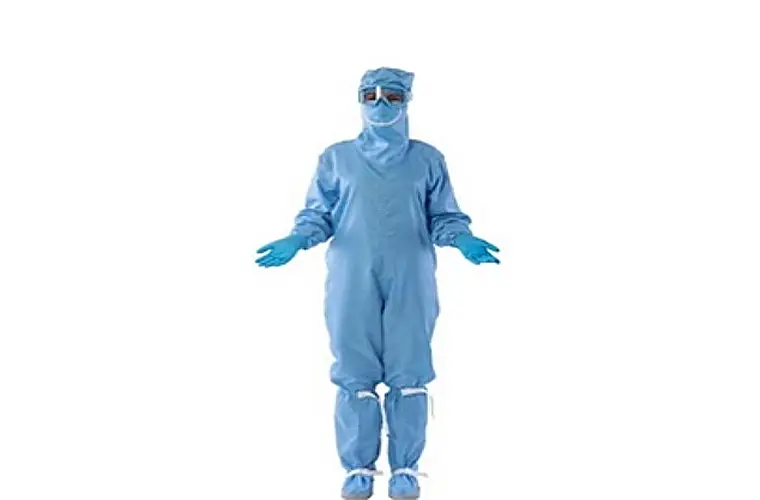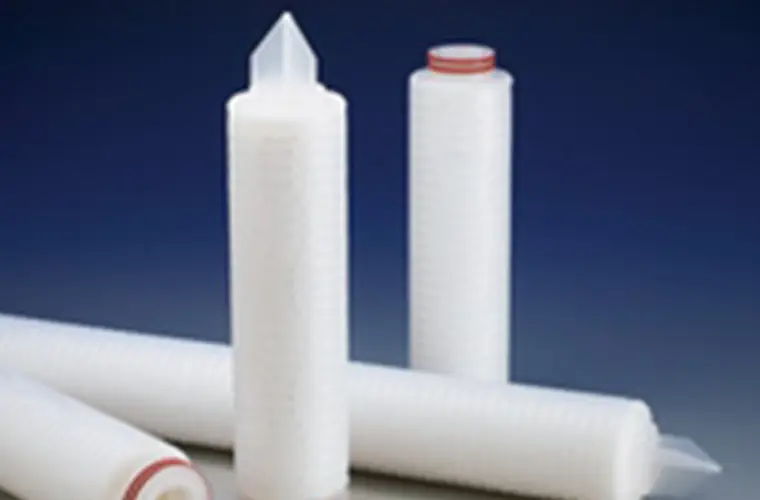Avoid, reuse, recycle: Waste management and recycling at Fresenius Kabi
According to reports by the World Health Organization, around 15% of the waste generated by the healthcare sector are hazardous materials that can negatively impact the environment if they are not properly disposed of. A responsible, safe approach to waste and resources is therefore a top priority for Fresenius Kabi.
More than waste: How we manage waste – and conserve resources
A key target of our waste management is to protect valuable resources. By handling waste carefully, we are able to conserve resources and reuse them in the production process. As a consequence, our focus is on recycling waste and utilize properly, as well as on avoiding waste in the first place. The waste generated at Fresenius Kabi is mainly in the form of a byproduct from manufacturing processes or in the downstream value chain as packaging material from product containers in hospitals, private households, and nursing homes. The waste is treated consistently in accordance with the legal regulations and we adopt independent initiatives to close the recycling loops.
We have defined the following sequence for waste management:
Responsibility for people and environment: Our approach to waste
Local EHS (Environment, Health, and Safety) managers or special waste managers are generally responsible for waste management at the Fresenius Kabi production sites.
At Fresenius Kabi, we record waste volumes generated at our production sites, logistics centers, compounding centers, and other ISO 14001-certified organizations. We categorize the waste according to waste type and disposal method. Plastic waste represents the largest proportion of non-hazardous waste. Hazardous waste is avoided wherever possible and unavoidable waste is disposed of properly and verifiably.
Waste management at our locations
Villadose, Italy: Reusable workwear
At our Villadose site, we have significantly reduced the number of disposable suits used in production departments. We have replaced disposable clothing with reusable, sterilized clothing. This measure has reduced the amount of waste by around 1,300 kg each year.

Aquiraz, Brazil: Utilization of filter capacities and reuse of pallets
An evaluation of the utilization of filters at our site in Aquiraz was carried out, which revealed potential savings of approximately 250 kg/year for hazardous waste. Filtration reduces the biological burden of parenteral nutrient solutions and is therefore mandatory. Our analysis demonstrated that the site was using the filters below their rated capacity, and hence generating additional costs and waste. Additionally, there was evidence that the maximum retention time of the filters in the process could be increased without affecting the quality of the product.
We have also introduced a measure to reuse wooden pallets for finished products. Instead of selling the pallets for recycling, we now sort them out and put them through a heat treatment process to ensure the required hygiene standards. As an effect, we were able to bring down the amount of wood required by 188 tons. Deducting the costs of the treatment and the lost sales revenues, this produced savings of BRL 410,000 (around €73,000) a year.



